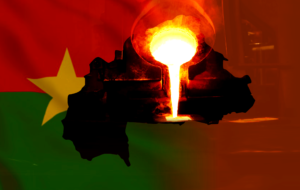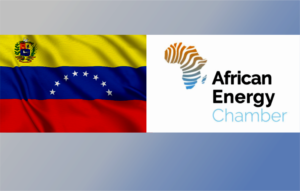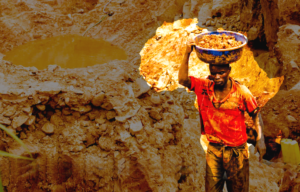South Sudan’s Child Soldiers Begin a Fragile Return to Civilian Life
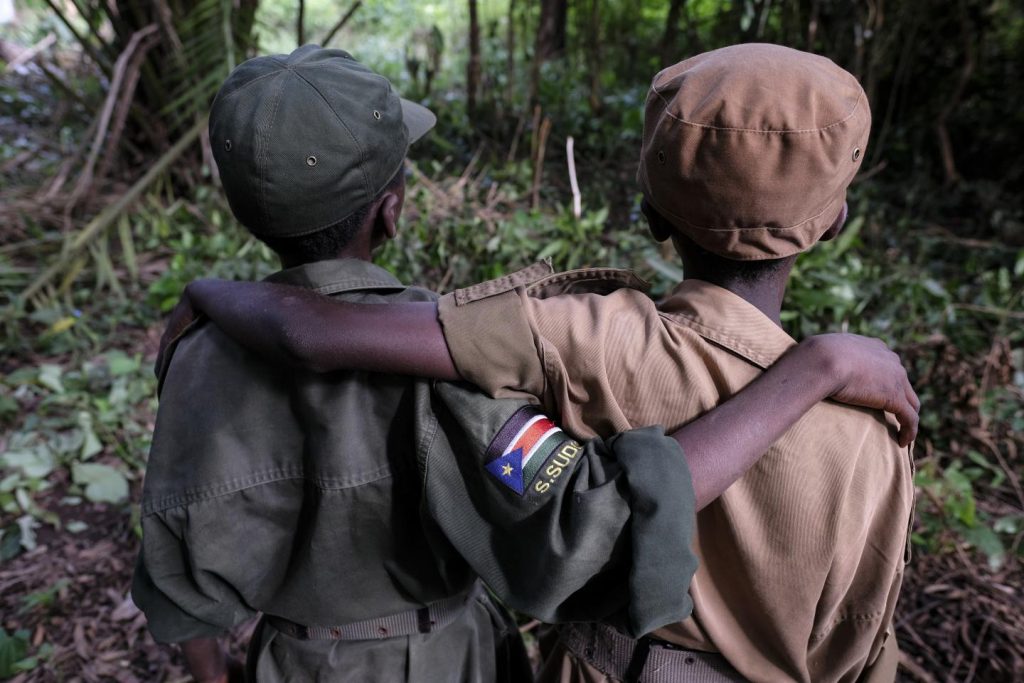
In a quiet ceremony in Yambio, Western Equatoria, a group of children once trained to fight are taking their first steps toward freedom. The South Sudan People’s Defence Forces (SSPDF) officially released them this week, marking a fragile but hopeful milestone in the country’s long struggle to end the use of child soldiers.
Brigadier Akech Maker of the SSPDF’s Brigade 16, who oversaw the handover, promised reform. “We, in the SSPDF, will not allow the recruitment of children into the army. If a child shows interest, we will guide them towards education instead,” he said, urging communities and institutions to help the children rebuild their lives.
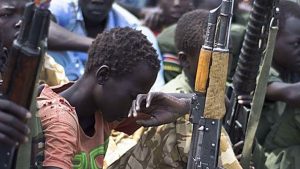
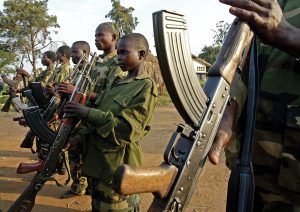
Behind the ceremony lies a tale of loss, resilience and rebuilding that reaches into South Sudan’s families, culture, economy and politics. Watching the children that are released, characterized both relief and heartbreak. Many parents have spent years searching for their children, often finding them changed by trauma and violence. The reunification process is slow, and reintegration can be painful. “These children have seen things no one should see,” said a social worker from UNICEF’s Yambio office. “Some don’t even remember what a normal childhood feels like.”
At a temporary care center, UNICEF and social workers provide psychological counseling, education materials, and training options. Clement Gbatanawo from UNICEF explained – “We will assess what they need, whether they’ll want to go back to school or learn practical skills to survive.”
The crisis has inflicted cultural scars. Communities that once celebrated youth as symbols of continuity now face generations marked by conflict. Traditional values of respect, community care, and discipline have been eroded by years of war, replaced by fear and mistrust. Restoring these social bonds is as vital as disarming the guns.
The economic cost is equally heavy. With thousands of young people pulled from classrooms into combat, South Sudan’s workforce and future productivity have suffered. Local businesses struggle to find skilled labor, while families dependent on agriculture have lost hands to help on the farms. Reintegration programs, if well-supported, could offer a pathway not just for recovery, but for renewed growth.
Politically, the issue remains sensitive. The use of child soldiers has stained South Sudan’s international reputation, drawing sanctions and criticism from global partners. Hellen Ernasio, Chairperson of the Disarmament, Demobilisation, and Reintegration (DDR) Commission in Western Equatoria, emphasized, “We want our army clean from that list of shame”.
UNMISS Child Protection Officer Rita Bampo added, “We will continue to monitor and ensure that these children are not pulled back into armed groups. We urge all commanders to release any remaining children immediately”.
According to UNICEF, an estimated 19,000 children have been used as soldiers in South Sudan. Each release brings a measure of hope for a country trying to heal from within.
These young survivors carry both the burden of the past and the promise of a peaceful future of society that chooses to stand by them.


